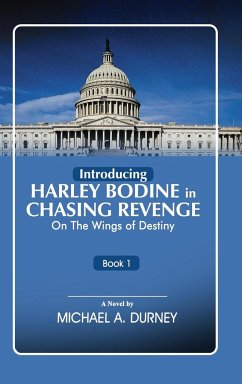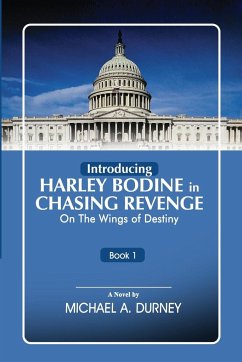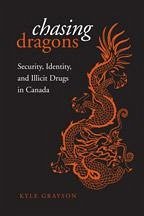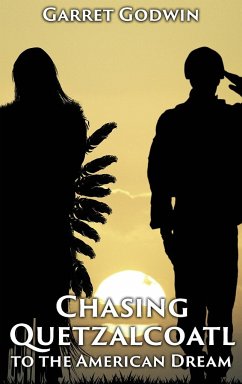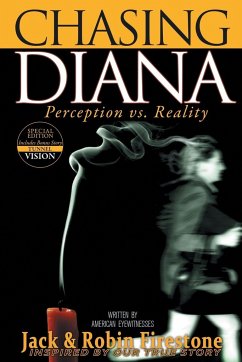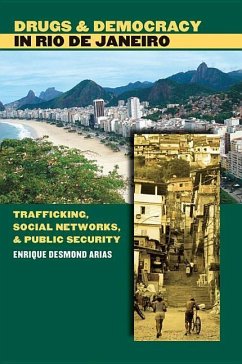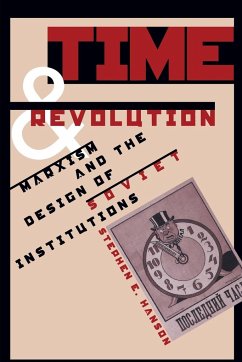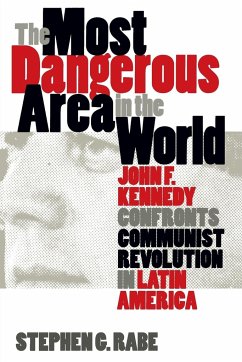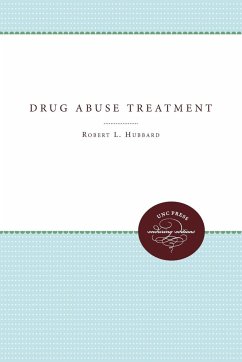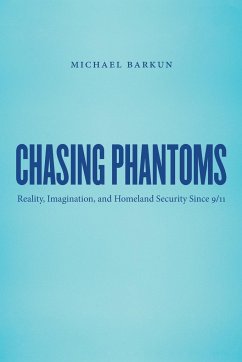
Chasing Phantoms
Reality, Imagination, and Homeland Security Since 9/11

PAYBACK Punkte
17 °P sammeln!
Although a report by the congressionally mandated Commission on the Prevention of Weapons of Mass Destruction, Proliferation, and Terrorism concluded that biological or nuclear weapons were very likely to be unleashed in the years soon after 2001, what Americans actually have experienced are relatively low-tech threats. Yet even under a new administration, extraordinary domestic and international policies enacted by the U.S. government in the wake of 9/11 remain unchanged. Political scientist and former FBI consultant Michael Barkun argues that a nonrational, emotion-driven obsession with dang...
Although a report by the congressionally mandated Commission on the Prevention of Weapons of Mass Destruction, Proliferation, and Terrorism concluded that biological or nuclear weapons were very likely to be unleashed in the years soon after 2001, what Americans actually have experienced are relatively low-tech threats. Yet even under a new administration, extraordinary domestic and international policies enacted by the U.S. government in the wake of 9/11 remain unchanged. Political scientist and former FBI consultant Michael Barkun argues that a nonrational, emotion-driven obsession with dangers that cannot be seen has played and continues to play an underrecognized role in sustaining the climate of fear that drives the U.S. “war on terror.” Barkun identifies a gap between the realities of terrorism — “violence without a return address” — and the everyday discourse about it among government officials and the general public. Demonstrating that U.S. homeland security policy reflects significant nonrational thinking, Barkun offers new recommendations for effective — and rational — policymaking.





